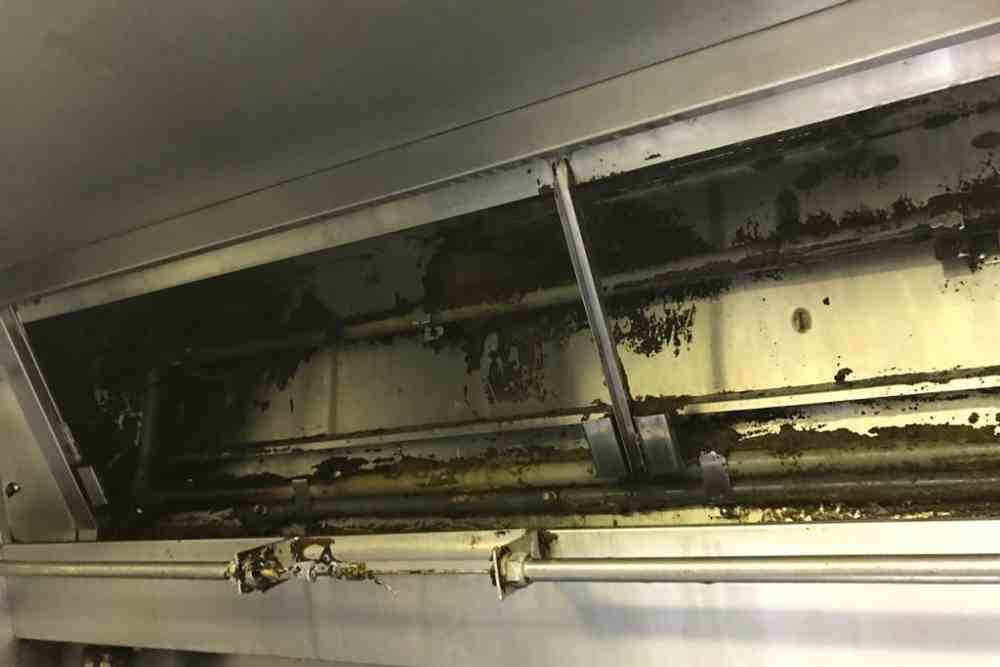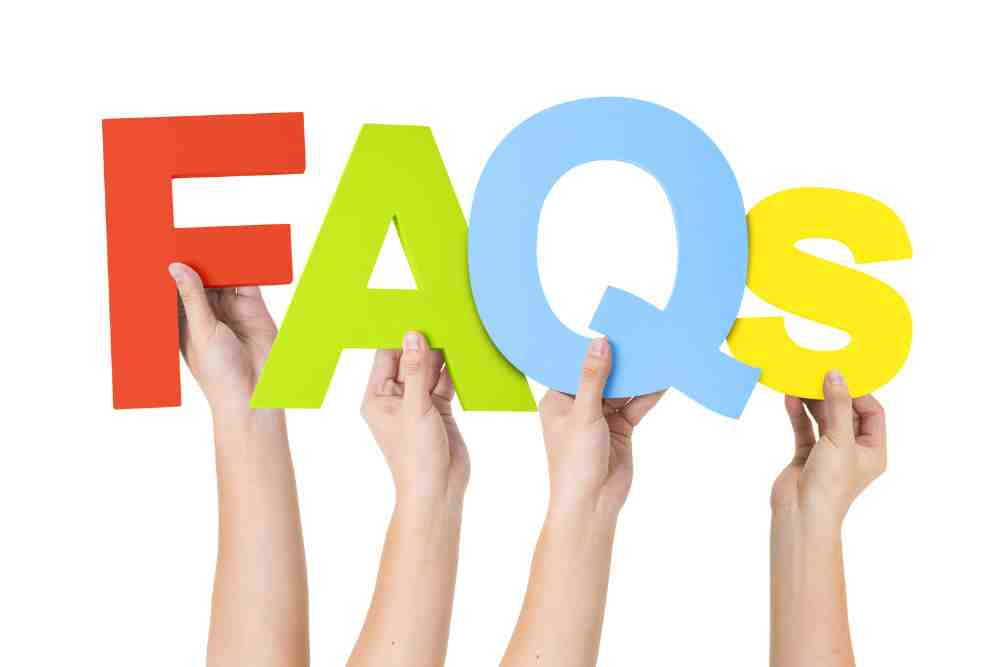Table of Contents
- NFPA Compliance and Hood Cleaning
- Understanding NFPA Compliance
- The Role of Hood Cleaning in NFPA Compliance
- The Importance of Professional Hood Cleaning
- Case Studies: The Consequences of Non-Compliance
- Case Study 1: Restaurant Fire
- Case Study 2: Health Inspection Violations
- Frequently Asked Questions
- 1. How often should hood cleaning be performed?
- 2. Can I clean the hood myself or should I hire a professional?
- 3. How much does professional hood cleaning cost?
- 4. What are the consequences of non-compliance with NFPA standards?
- 5. How can I ensure that my hood cleaning is compliant with NFPA standards?
- Summary
NFPA Compliance and Hood Cleaning

When it comes to commercial kitchens, safety should always be a top priority. One crucial aspect of kitchen safety is ensuring compliance with the National Fire Protection Association (NFPA) standards. In particular, proper hood cleaning is essential to meet NFPA compliance requirements and prevent the risk of fire hazards. This article will delve into the importance of NFPA compliance and hood cleaning, providing valuable insights and actionable information for restaurant owners and managers.
Understanding NFPA Compliance
The NFPA is a leading organization that develops and publishes codes and standards aimed at minimizing the risk of fire and other hazards. Their standards cover a wide range of industries and applications, including commercial kitchens. Compliance with NFPA standards is not only crucial for the safety of employees and customers but also for meeting legal requirements and avoiding potential fines or penalties.
The Role of Hood Cleaning in NFPA Compliance
One of the key areas of focus for NFPA compliance in commercial kitchens is hood cleaning. The kitchen hood, also known as the exhaust hood or range hood, plays a vital role in removing smoke, grease, and other airborne contaminants from the cooking area. Over time, these contaminants can accumulate in the hood and exhaust system, posing a significant fire hazard.
Regular and thorough hood cleaning is essential to maintain a safe and compliant kitchen environment. The NFPA provides specific guidelines for the frequency and methods of hood cleaning, which should be followed diligently. Failure to comply with these guidelines can result in increased fire risk, decreased efficiency of the exhaust system, and potential violations of local fire codes.
The Importance of Professional Hood Cleaning
While regular cleaning by kitchen staff is important for day-to-day maintenance, professional hood cleaning is necessary to ensure thorough and compliant cleaning. Professional hood cleaning companies have the expertise, equipment, and knowledge to perform a comprehensive cleaning that meets NFPA standards.
Here are some key reasons why professional hood cleaning is crucial:
- Expertise: Professional hood cleaning technicians are trained in the specific requirements of NFPA compliance. They understand the intricacies of the exhaust system and know how to effectively remove grease and other contaminants.
- Equipment: Professional hood cleaning companies have specialized tools and equipment designed for thorough cleaning of the hood and exhaust system. These tools can reach areas that are difficult to access, ensuring a complete cleaning.
- Comprehensive Cleaning: Professional hood cleaning involves not only cleaning the visible parts of the hood but also the internal components, such as the filters, ductwork, and fans. This comprehensive cleaning helps prevent grease buildup and reduces the risk of fire.
- Documentation: Professional hood cleaning companies provide documentation of the cleaning process, including before and after photos, cleaning logs, and certificates of compliance. This documentation is essential for demonstrating compliance with NFPA standards during inspections.
Case Studies: The Consequences of Non-Compliance
Non-compliance with NFPA standards and inadequate hood cleaning can have severe consequences for commercial kitchens. Let’s take a look at a couple of case studies that highlight the importance of proper hood cleaning:
Case Study 1: Restaurant Fire
In 2018, a popular restaurant in a busy downtown area experienced a devastating fire that resulted in significant property damage and the temporary closure of the establishment. The cause of the fire was determined to be a grease buildup in the kitchen hood and exhaust system, which ignited during cooking operations.
An investigation revealed that the restaurant had not been following the recommended hood cleaning schedule and had neglected to hire a professional hood cleaning company. The accumulation of grease in the hood and exhaust system provided the perfect fuel for the fire, leading to the catastrophic event.
This case study highlights the importance of regular and professional hood cleaning to prevent fire hazards and protect the business from potential disasters.
Case Study 2: Health Inspection Violations
In another case, a restaurant was cited for multiple health inspection violations, including non-compliance with NFPA standards for hood cleaning. The inspection report noted excessive grease buildup in the hood and exhaust system, posing a fire hazard and potential health risks.
The restaurant faced fines and penalties for the violations, as well as the negative publicity associated with health inspection failures. This case study emphasizes the importance of maintaining NFPA compliance to avoid legal consequences and protect the reputation of the establishment.
For professional hood cleaning services in Ontario, visit Ontario Hood Cleaning.
Frequently Asked Questions

1. How often should hood cleaning be performed?
Hood cleaning should be performed at regular intervals to comply with NFPA standards. The frequency of cleaning depends on the type of cooking operations and the volume of grease produced. As a general guideline, most commercial kitchens should have their hoods cleaned every three to six months. However, high-volume kitchens or those that use solid fuel cooking may require more frequent cleaning, such as every one to three months.
2. Can I clean the hood myself or should I hire a professional?
While regular cleaning by kitchen staff is important, professional hood cleaning is necessary to ensure thorough and compliant cleaning. Professional hood cleaning companies have the expertise, equipment, and knowledge to perform a comprehensive cleaning that meets NFPA standards. They can reach areas that are difficult to access and provide documentation of the cleaning process, which is essential for demonstrating compliance during inspections.
3. How much does professional hood cleaning cost?
The cost of professional hood cleaning can vary depending on factors such as the size of the kitchen, the complexity of the exhaust system, and the frequency of cleaning required. It is best to contact reputable hood cleaning companies in your area for a quote based on your specific needs. While the cost may seem like an expense, it is a necessary investment to ensure the safety and compliance of your kitchen.
4. What are the consequences of non-compliance with NFPA standards?
Non-compliance with NFPA standards can have severe consequences for commercial kitchens. These may include increased fire risk, decreased efficiency of the exhaust system, potential fines or penalties from regulatory authorities, temporary closure of the establishment due to safety concerns, property damage from fires, negative publicity, and damage to the reputation of the business.
5. How can I ensure that my hood cleaning is compliant with NFPA standards?
To ensure that your hood cleaning is compliant with NFPA standards, it is essential to hire a professional hood cleaning company that specializes in NFPA compliance. Look for companies with a proven track record, proper certifications, and positive customer reviews. Request documentation of the cleaning process, including before and after photos, cleaning logs, and certificates of compliance. Regularly review and update your cleaning schedule based on the recommendations of the hood cleaning company and local fire codes.
For professional hood cleaning services in Ontario, visit Ontario Hood Cleaning.






